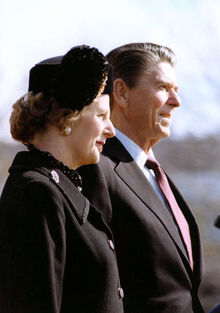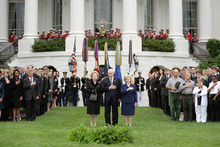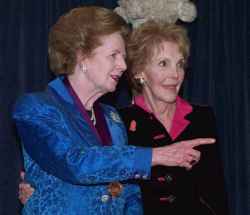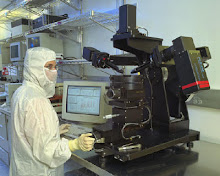ENGLISH
www.AndyBelieves.blogspot.com/
www.AndresAgostini.blogspot.com/
http://WikiBloggist.blogspot.com/
http://CompleteScience.blogspot.com/
http://www.google.com/search?hl=en&q=%22andres+agostini%22&btnG=Google+Search
http://search.msn.com/results.aspx?q=%22andres+agostini%22+%22Dispatches+from+the+New+World+of+Work%22&go=Search&form=QBAA
ESPAÑOL
www.geocities.com/agosbio/a.htmlAndres Agostini (Ich Bin Singularitarian !!!)
Arlington, Virginia, USAwww.AndyBelieves.blogspot.com/
AndresAgostini@gmail.com
Arlington, Virginia, USA
































No comments:
Post a Comment